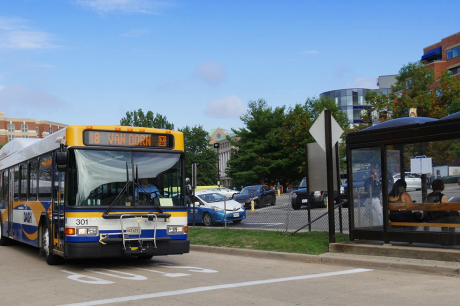Articles and analysis on today's issues

Federal cuts to the Supplemental Nutrition Assistance Program could cause some DC-area families to lose an average of $187 in monthly benefits.
Improving How Policymakers and Researchers Measure Policy Outcomes and Fairness More policy actors are using equity assessments to estimate how policies could affect communities who have been historically disadvantaged. Shared definitions of key concepts and approaches will make these tools easier to use.More-Frequent Medicaid Redeterminations Would Reduce Health Insurance Coverage and Increase Administrative Costs Redetermining Medicaid expansion enrollment twice a year would reduce health insurance coverage for those eligible and create more administrative hassles for enrollees, state agencies, health plans, and providers.The Administration’s Budget Calls for Federal Housing Cuts, but States and Localities Can’t Solve the Housing Crisis Alone Although states and localities have started allocating more funds toward affordable housing development, they won’t be able to address the existing need without federal funding.The Road to Affordable and Stable Housing Starts with a Comprehensive Federal Housing Package The ROAD to Housing Act could be the first step toward a robust, federal policy package to address the affordable housing crisis. But more data, evidence, and financial investment will be needed to drive this home.How Registered Apprenticeships Could Expand the Manufacturing Labor Force Through registered apprenticeships, manufacturers can cultivate a broader workforce and ensure career opportunities are available to those who have been historically left out of the industry.How Commuters with Low Incomes Use Public Transit and How One City Expanded Ridership Transportation is closely linked to upward mobility, but it can be expensive and hard to access. Local leaders can look to Alexandria, Virginia, and the Upward Mobility Data Dashboard for strategies to address transportation barriers in their communities.





